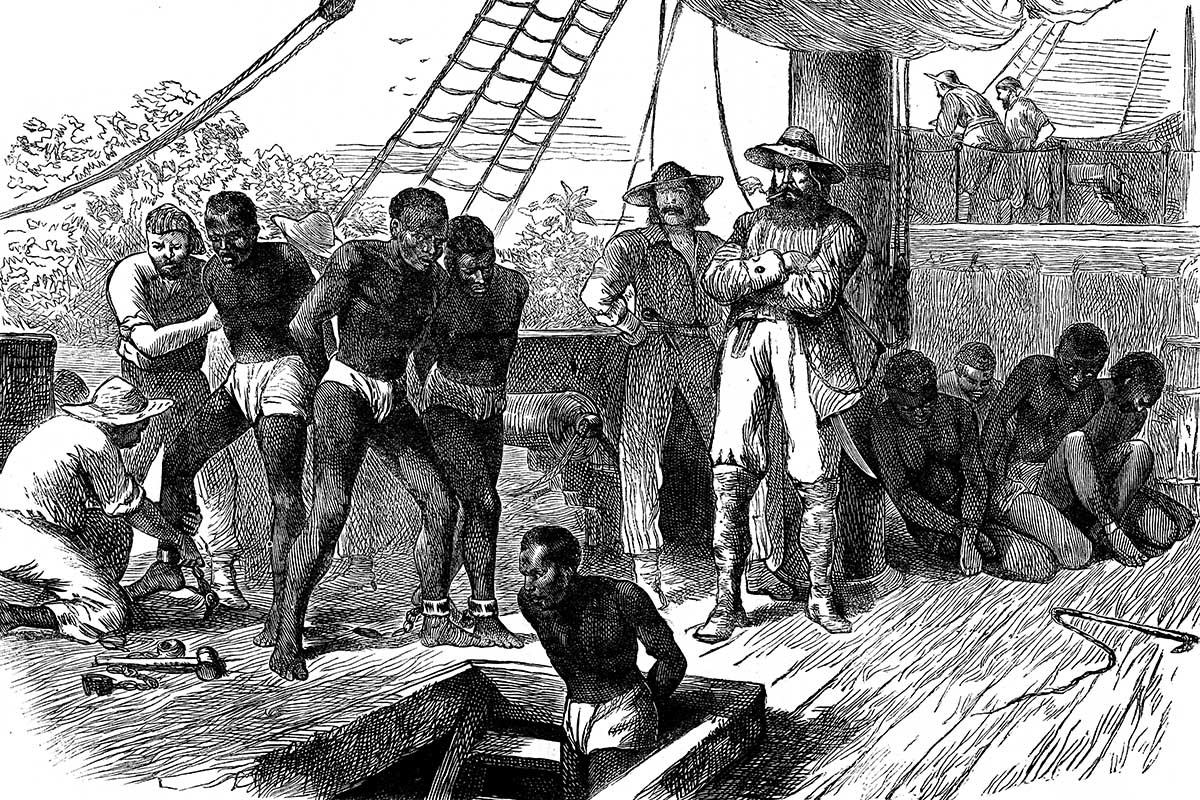“The Judiciary must be free from corruption”
May 15th, 2017 An independent judiciary is one of the pillars of democracy, but Badru Walusansa, 25, a Commonwealth Correspondent from Kampala in Uganda, points to concerns that under-funding and lack of monitoring are factors in corruption that undermine the judiciary and its essential role.
An independent judiciary is one of the pillars of democracy, but Badru Walusansa, 25, a Commonwealth Correspondent from Kampala in Uganda, points to concerns that under-funding and lack of monitoring are factors in corruption that undermine the judiciary and its essential role.
The 1995 constitution of the Republic of Uganda recognizes the need for the judiciary to administer justice to all, irrespective of social or economic status. The framers of this article attempted to bar, among others, undue social and economic technicalities that could potentially thwart dispensation of justice.
However, reports of corruption in the judiciary are getting louder and its manifestations changing according to prevailing circumstances. Evidenced by the Inspectorate of Government report 2015, the judiciary was ranked the second most corrupt institution after police. More still, the East African Bribery Index 2014, revealed that corruption in the judiciary soared from 27.9 per cent in 2013 to 39.8 per cent that year.
Further, a recent study carried out in reference to police and courts in northern Uganda showed that corruption had become a “system” in itself and a norm. The researchers from the Institute for Human Security at Tufts University, in the US, with assistance from Ugandan researchers, quoted respondents saying justice is for sale in the region.
Important to note is that corruption has glaring spillovers on the entire justice chain, ranging from impeding access to justice by the poor, vulnerable and marginalised groups to creating mistrust in the justice system by the general public.
Judicial corruption can involve some court clerks entering into shady agreements with litigants, non-refund of bail, bribing court officials in order to be granted bail and having a file case listed.
On December 16 2017, the Weekly Observer reported that the Chief Justice Bart Katureebe was aware of judicial corruption and on that note said corrupt judicial officers should be debarred.
Poor remuneration of judicial officers has been inter alia cited as the driver of corruption in the judiciary. On the heels of poor remuneration, the budget for the Justice, Law and Order Sector (JLOS) in which the judiciary lies has been cut by Ugx.6.8 billion in the financial year 2017-18.
The ramification of poor pay for judicial officials risks inducing more corruption in the Judiciary. Therefore, deliberate efforts to increase funding to the judiciary must be scaled up so that even the Court clerks who earn as little as Ugx.280,000 per month are not easily compromised by litigants.
Needless to say, there have been efforts undertaken by the JLOS institutions in fighting graft, such as adopting an Anti-Corruption Strategy (2012) on the premise of detecting, investigating and adjudicating corruption across the 18 JLOS member agencies.
Conversely, the implementation of the JLOS Anti-Corruption Strategy has to some extent been derailed by the lack of commitment of the different agencies to customise and localise it in their operational frameworks. Only three out of 18 JLOS institutions have holistically incorporated the strategy in their operational frameworks. The other 15 institutions have been sluggish in domesticating the strategy.
Apparently, the public perceives the judiciary as an institution where justice is a commodity, and that the highest bidder takes it all.
Therefore, the public through Court User Committees should be involved in fighting corruption within the judiciary. For example, the public often interfaces with the Courts, hence the need to be sensitised on how and where to report errant judicial officials.
If we remain silent about the cancer of corruption in the judiciary, the institution will continue losing its credibility and the public will find no genuine reasons to seek justice in courts.
badruwalu@gmail.com
photo credit: elsa.org 15th EMC2 – African Regional Round via photopin (license)
………………………………………………………………………………………………………………
About me: I am a human rights activist, academic and writer in the local dailies. I was part of Uganda’s largest election observation group, CEON-Uganda and currently work as a Project Assistant M&E at the Legal Aid Service Providers’ Network (LASPNET). My passion is in writing and I have authored several articles on different topics in the Weekly Observer, Daily Monitor, New Vision and Independent Magazine.
…………………………………………………………………………………………………………………
Opinions expressed in this article are those of the author and do not necessarily represent the views of the Commonwealth Youth Programme. Articles are published in a spirit of dialogue, respect and understanding. If you disagree, why not submit a response?
To learn more about becoming a Commonwealth Correspondent please visit: http://www.yourcommonwealth.org/submit-articles/
………………………………………………………………………………………………………………






